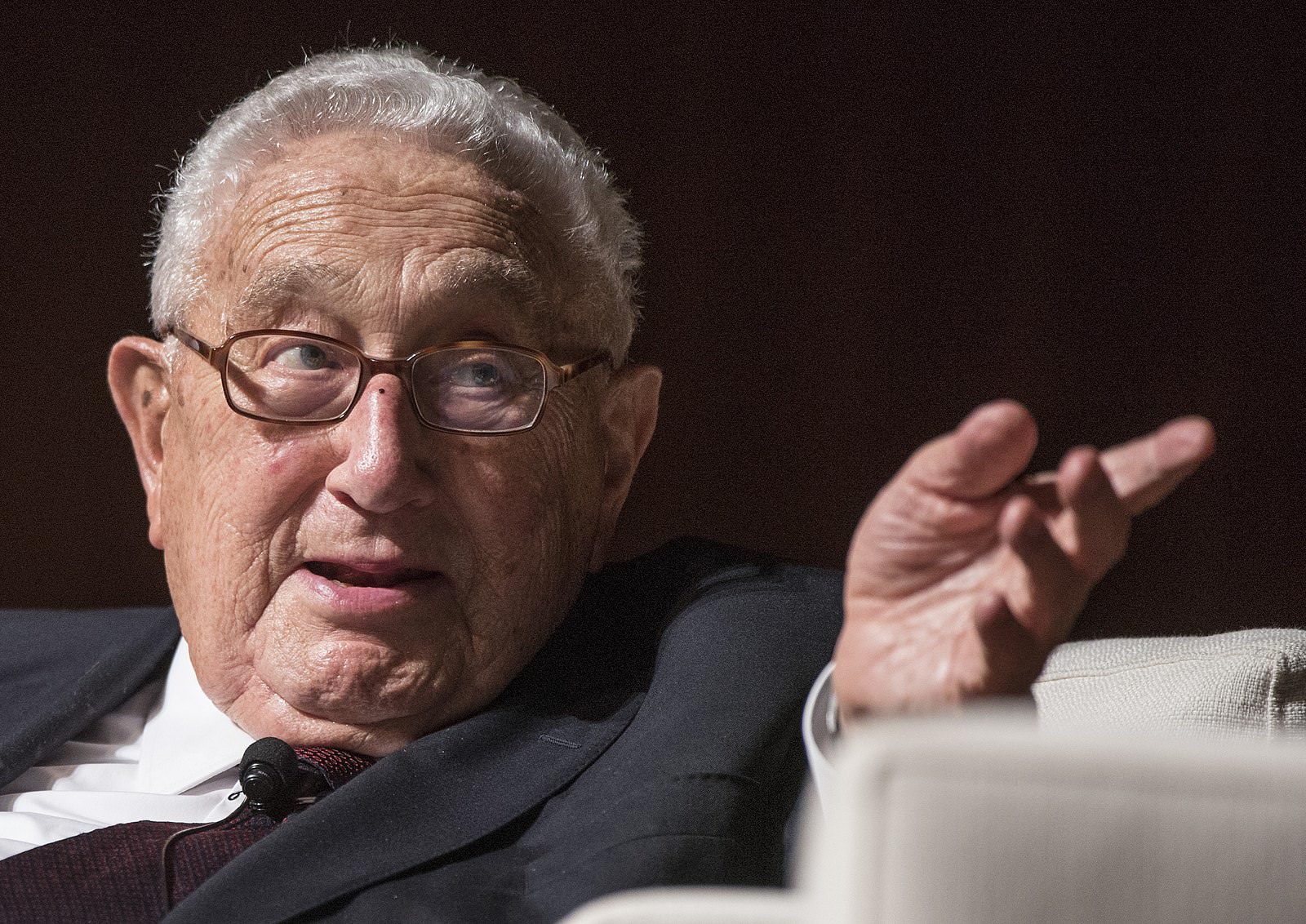U.S. News
Henry Kissinger, influential and polarizing U.S. foreign policy architect, dies at 100
By Jake Beardslee · November 29, 2023
In brief…
- As National Security Advisor then concurrently Secretary of State under Nixon and Ford, Dr. Kissinger profoundly shaped 1970s U.S. foreign policy
- Pivotal negotiations included opening China, nuclear arms agreements with the Soviet Union, and Vietnam War peace
- A Harvard academic turned government advisor, he prompted intense controversy but had enduring global influence

Former Secretary of State Henry Kissinger, who shaped American foreign policy in the 1970s under Presidents Nixon and Ford, passed away Wednesday at his Connecticut home. He was 100 years old.
Over his long career, Dr. Kissinger played pivotal roles crafting historic policies including the diplomatic opening with China, landmark nuclear arms negotiations with the Soviet Union, and the Paris Peace Accords ending American military involvement in Vietnam. He later advised successive administrations as a high-profile statesman.
Appointed National Security Advisor by newly elected President Nixon in 1969, Dr. Kissinger became one of the most dominant and controversial figures in foreign policy over the following years. After the resignation of Secretary of State William P. Rogers in 1973, Dr. Kissinger concurrently assumed that position while retaining his National Security role.
The German-born academic entered government service after 17 years on the faculty at Harvard University. Earlier, Dr. Kissinger served in Army intelligence during World War II and subsequently obtained advanced degrees from Harvard where he specialized in diplomatic history and international relations.
Dr. Kissinger’s critics allege links from his policies to political repression and loss of life abroad. Supporters emphasize tremendous, if imperfect, accomplishments toward stability between nuclear-armed global powers.